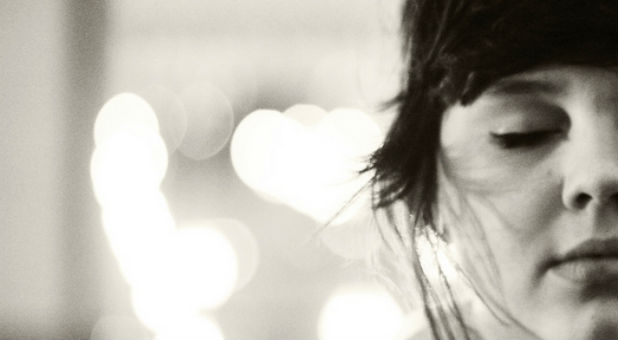87 Percent of Americans Turn to This in Times of Need
Prayer is one of the most widely used forms of medical treatment, according to a new study released by Baylor University’s Jeff Levin.
“Outside of belief in God, healing prayer might be the most ubiquitous religious practice that there is,” Levin told CNN. “This might be one of the most prevalent forms of primary care medicine, and I don’t say that lightly.”
Prayer for healing is so prevalent that nearly 6 in 7 Americans—a whopping 87 percent—have prayed for healing in their own lives or those around them.
“Among the most pressing reasons for prayer—for prayerfulness in general and the act of focused praying, in particular—are challenges to health or well-being, such as due to acute or chronic illness or to an injury,” Levin writes in the study. “Such circumstances disrupt the normal rhythms of life, and they may cause even religiously disinterested people to call out to God, imploring Him to respond to their needs. We all know the saying that there are no atheists in foxholes. For active believers and people of faith, prayer, including for healing, is more than a situationally motivated response to one’s own suffering; it is an ongoing expression of piety and of taking up the yoke to be of service to others by acting as a liaison or advocate between suffering individuals and God.”
But what’s more impressive for Levin is how many people follow Mark 16:18, the laying on of hands to heal the sick.
More than a quarter of those surveyed said they would lay hands on the sick and ask for healing. Further, more than half of those surveyed said they participated in groups.
“For one, these findings suggest that the blessing of a personal and loving relationship with God may motivate some people to externalize their concomitant feelings of grace, acceptance, forgiveness and concern into concern for others. Those who are blessed may feel obligated to relieve the suffering of others so that they, too, may be blessed and feel the love. Obedience to God, to the source of unlimited divine love … may bring with it a holy compulsion to live out one’s discipleship as an agent of healing,” Levin writes.
What do you think of his research? Sound off!















































